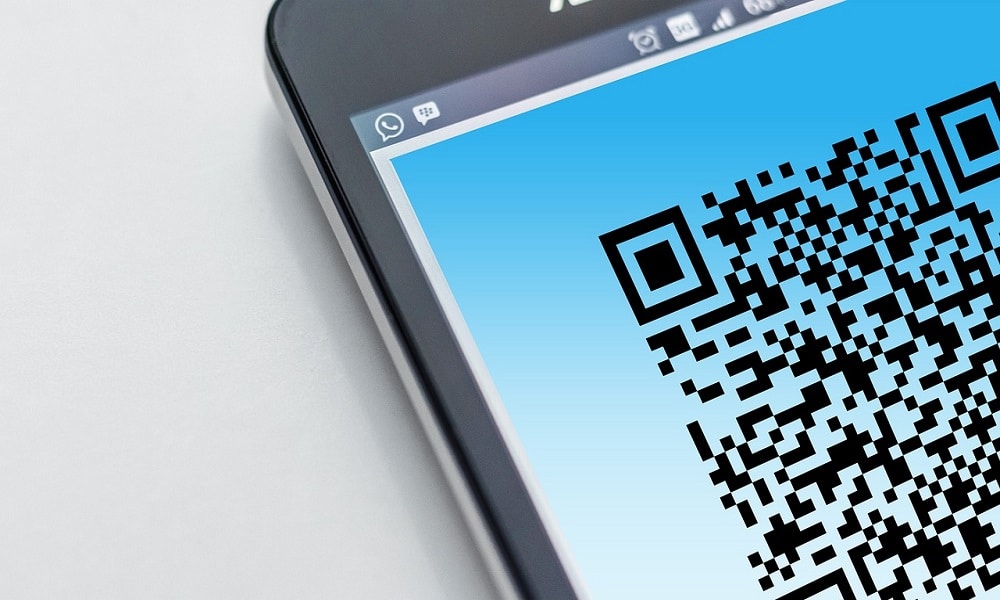QR codes have become a game-changer in retail, seamlessly connecting physical stores with digital interactions. These compact, data-rich squares transform how businesses engage with customers, offering innovative ways to enhance the in-store shopping experience. By incorporating QR codes into retail strategies, companies can create interactive touchpoints that improve customer satisfaction and drive sales and loyalty.
One notable example of QR code integration is Antom payment services, which has embraced this technology to redefine in-store engagement. By leveraging QR codes it demonstrates how businesses can meet the evolving expectations of modern consumers. From providing instant product details to enabling contactless payments, QR codes empower retailers to deliver convenience and personalization in a competitive market. This article delves into how QR codes reshape in-store customer experiences and how businesses can effectively implement this technology.
The Role of QR Codes in Retail
What Are QR Codes?
QR codes, or Quick Response codes, are two-dimensional barcodes that can store significant information in a compact, scannable format. They are far more versatile than traditional barcodes, which are limited to storing numeric data and require specialized scanners. QR codes can encode various data types, including URLs, text, contact information, payment details, etc. This makes them a powerful tool for bridging the gap between the physical and digital worlds.
What sets QR codes apart is their ease of use and accessibility. They can be scanned from any angle using a smartphone camera or dedicated scanner, eliminating the need for specialized equipment. Once scanned, the embedded information is instantly decoded and displayed, providing users immediate access to the intended content. This seamless interaction has made QR codes popular for businesses looking to enhance customer engagement and streamline processes.
Additionally, QR codes can be categorized into two main types: static and dynamic. Static QR codes are fixed and cannot be altered once created, making them ideal for sharing permanent information like contact details or store locations. On the other hand, dynamic QR codes are editable and can be updated in real-time, allowing businesses to modify the linked content without changing the code. This flexibility makes dynamic QR codes useful for time-sensitive promotions, inventory updates, or personalized marketing campaigns.
In the retail industry, QR codes have become indispensable because they provide instant access to information, facilitate contactless transactions, and create interactive experiences. Their adaptability and user-friendly nature make them a valuable asset for businesses aiming to meet the demands of modern consumers while staying ahead in a competitive market.
Enhancing In-Store Engagement with QR Codes
Faster Checkout Processes
QR codes simplify checkout, enabling customers to complete transactions quickly and securely. By scanning a QR code, shoppers can avoid long lines and enjoy a frictionless payment experience. This not only improves customer satisfaction but also increases conversion rates by removing barriers to purchase.
Interactive Product Displays
QR codes can transform static product displays into dynamic, interactive experiences. Shoppers can scan a code for detailed product information, reviews, or demonstration videos. This added layer of engagement helps customers make informed decisions and fosters a stronger connection with the brand.
Loyalty Programs and Rewards
QR codes are an excellent tool for enhancing loyalty programs. Customers can scan codes to earn points, redeem rewards, or unlock exclusive offers, creating a sense of exclusivity and encouraging repeat visits.
Real-Time Feedback and Personalization
Retailers can use QR codes to gather valuable customer feedback through post-purchase surveys or real-time reviews. This data can then personalize future interactions, tailoring recommendations and promotions to individual preferences.
Implementing QR Code Strategies in Retail
Selecting the Right QR Code Approach
Retailers can choose from various QR code strategies based on their specific needs:
- Static QR Codes: Ideal for providing consistent information, such as store hours or contact details.
- Dynamic QR Codes: These can be updated in real-time, making them suitable for time-sensitive promotions or inventory updates.
Seamless Integration with Existing Systems
To maximize QR codes’ benefits, businesses should ensure smooth integration with their existing point-of-sale (POS) systems and customer relationship management (CRM) platforms. This unified approach allows for better data collection and analysis, enabling more effective decision-making.
Testing and Optimization
Thorough testing is essential before launching QR code initiatives to ensure functionality and user-friendliness. Regularly analyzing performance metrics, such as scan and conversion rates, can help identify areas for improvement and optimize the overall strategy.
The Future of QR Codes in Retail
As technology advances, the potential applications of QR codes in retail continue to grow. Emerging trends include:
- Augmented Reality (AR) Integration: QR codes can act as gateways to AR experiences, allowing customers to visualize products in their own space or access immersive brand storytelling.
- Contactless Payments: With the increasing demand for contactless payment options, QR codes provide a secure and convenient solution that aligns with consumer preferences.
- Sustainability Efforts: QR codes support eco-friendly practices by reducing the need for printed materials, such as brochures and receipts.
Conclusion
QR codes are revolutionizing retail by bridging the gap between physical and digital experiences. By adopting this versatile technology, businesses can enhance customer engagement, streamline operations, and drive growth. Whether through interactive product displays, loyalty programs, or contactless payments, QR codes offer endless possibilities for innovation in the retail sector. As consumer expectations evolve, integrating QR codes into retail strategies is no longer optional but essential for staying competitive in today’s market.


